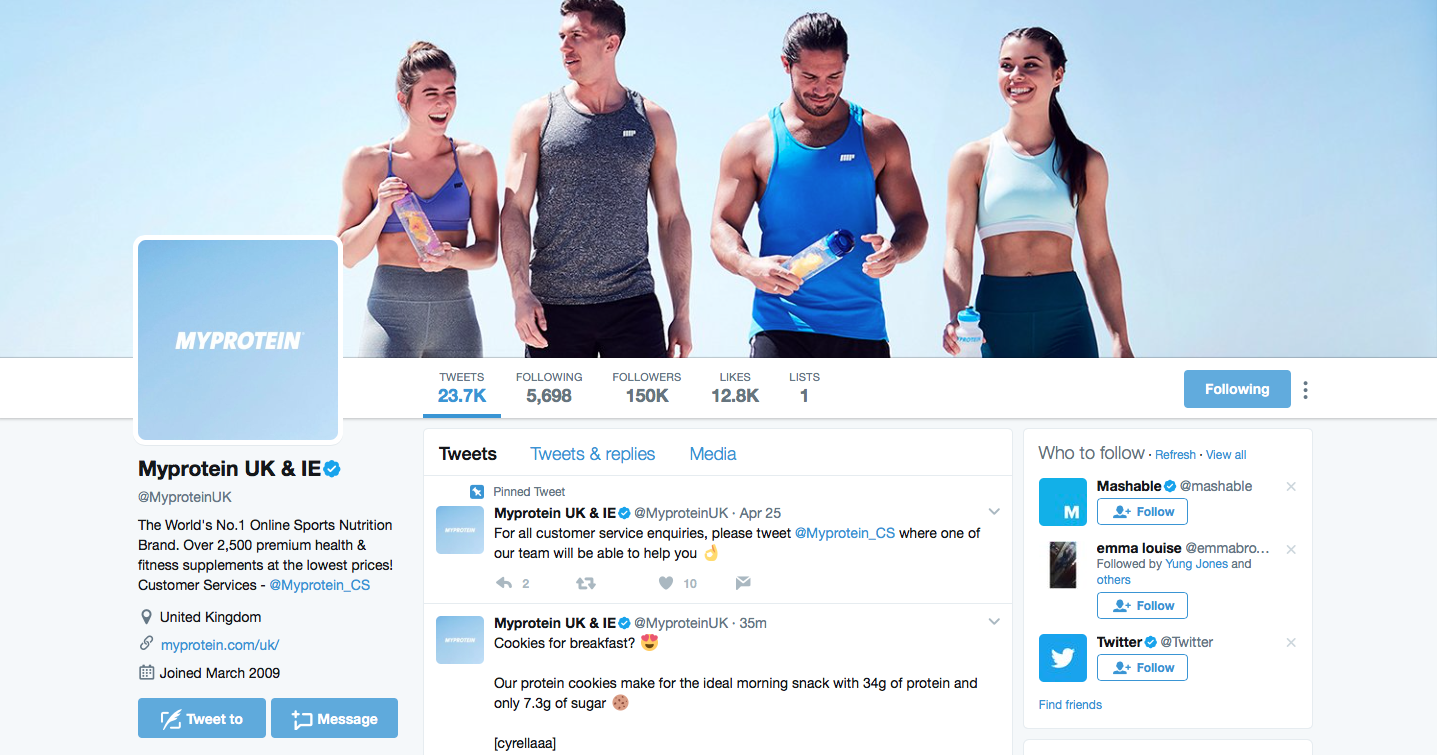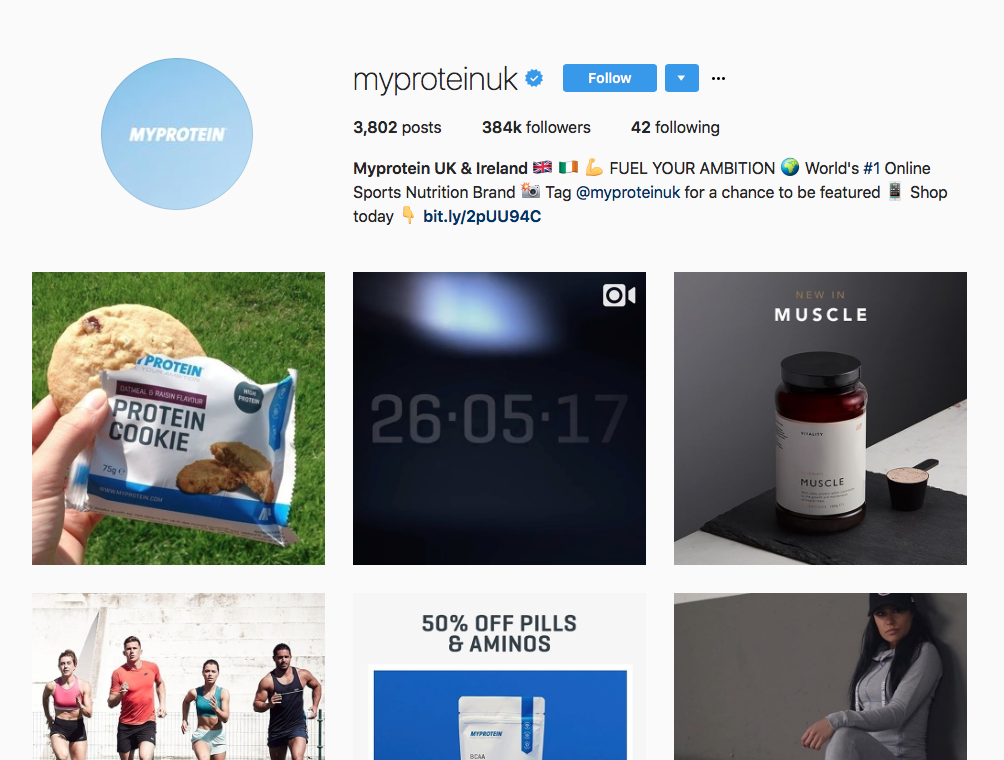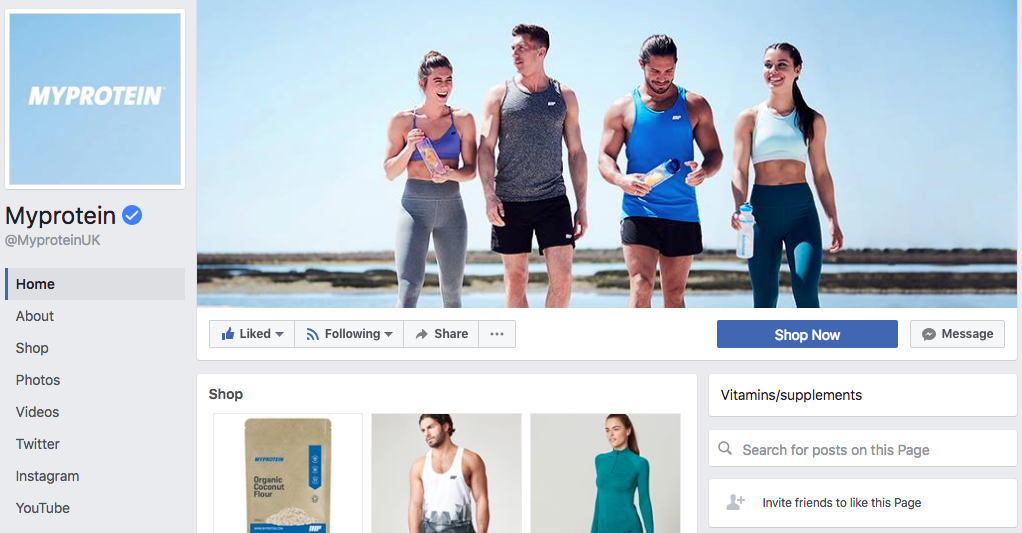Long gone are the days of social media as a place for personal and private interaction, social media is now being harnessed by businesses, big and small, to reach target audiences.
Customer service
If a customer has a complaint to say about your brand, they will say it regardless if you’re on social media or not. If you’re on social media, you have the opportunity to track, monitor, and reply to any comments made about your brand. If you’re not on social, however, this gives your competitors, and any potential customers, the chance to see the comment, and reply.
When customers complain, they generally do it because they want to be heard. Replying to negative comments gives you the opportunity to find out more about the situation, so you can improve, take note, and make sure the customer knows that they’re being listened to. If they feel like they’re being ignored or their voice isn’t being heard, they’ll probably take it to the next level and do whatever they can to be heard. Which is a sh*t storm you generally want to avoid.
Talking to your customers, and answering their questions and queries allows you to build a relationship with your customers, and gives them a reason to trust and be loyal to the brand.
A good example of this is LinkedIn’s Twitter account dedicated to customer service. LinkedIn has no phone lines, and is pretty impossible to get hold of any other way. So to make up for this, their Twitter customer service is pretty damn incredible, and they reply from as early as 6AM!
Because of their quick and consistent communication on Twitter, they often get a lot of praise from the people that were initially having an issue, which then goes on to be seen by their followers.
Brand awareness
Social media gives you the ability to generate organic reach, and therefore grow brand awareness. It also allows you to share your brand voice and message.
To keep your branding consistent, it’s always good to have a similar profile and header picture, along with a similar ‘About Me’ and brand voice.
My Protein does a fantastic job of leveraging brand awareness throughout their social media accounts. Each profile has a recognisable brand identity, which helps when establishing a brand.
Lead generation
So, you’ve got 1500 awesome flyers made up. Great! But how do you know when you get a call, email, or any potential lead directly from that flyer? Not being able to track sales and leads back to this makes it extremely hard to measure ROI.
Using Google Analytics, social media specific offers, and lead generation forms allows you to directly measure the ROI from social media, even down to a specific post.
By investing time into understanding your target audience and tailoring your content to match this, alongside social advertising, offers and promotions, you’ve got yourself a ticking lead generation machine.
Website traffic and SEO
There’s no question that social media helps with SEO. To put it simply, Google sees each of your social channels like it’s a page on your website. A page that is being constantly updated with keywords and rich and relevant content. It’s an SEO dream come true!
Having links to your website on your social channels will increase traffic back to your site, this increased activity helps search engines discern that your website is reputable. Google’s algorithm is continually evolving and updating to weed out spam, dangerous or fake websites and appropriately rank websites that are legitimate. By incorporating social media into your marketing strategy, you can positively influence your search ranking, without even saying SEO!






